
In fact, they weren't capable of sailing anywhere at all: their masts were plunging at sickening angles, and water splashed over their decks. All of them had been wrecked - sealing off one of the most profitable waterways in the world.
The decision to block the canal had come from Egypt's president, Gamal Abdel Nasser. While you might assume that a waterway running through Nasser's country had always been owned by the Egyptians, it had, since its completion in 1869, belonged to the Suez Canal Company: an organisation controlled by the British and the French. To protect the canal - which was a great asset for the imperial powers, as it gave easy access to oil deposits in the Middle East - the British stationed troops along its waters.
SEIZING CONTROL
The arrangement had bred resentment among the Egyptians for decades, turning the situation into a powder keg. The spark to ignite it finally came in the summer of 1956, at the height of the Cold War. Nasser was determined to build the Aswan High Dam, which he viewed as a key step in industrialising the country, and the Americans and British had promised to pay for it. But America was displeased by Egypt's friendship with the USSR, and took US money off the table.
Nasser had to get creative. If the west wouldn't pay for it, their waterway would. In July 1956 he took control of the Suez Canal Company and announced he would charge ships for the privilege of using the route - this toll would finance the dam in five years.
Esta historia es de la edición October 2022 de History Revealed.
Comience su prueba gratuita de Magzter GOLD de 7 días para acceder a miles de historias premium seleccionadas y a más de 9,000 revistas y periódicos.
Ya eres suscriptor ? Conectar
Esta historia es de la edición October 2022 de History Revealed.
Comience su prueba gratuita de Magzter GOLD de 7 días para acceder a miles de historias premium seleccionadas y a más de 9,000 revistas y periódicos.
Ya eres suscriptor? Conectar
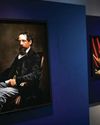
'Dickens's evocation of the fears, excitement and confusion of childhood is peerless'
DR LEE JACKSON ON WHY CHARLES DICKENS REMAINS RELEVANT TODAY
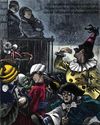
THE AUTHOR GOES ABROAD
Dickens expanded his horizons and boosted his fan-base by venturing overseas - but global fame came with a cost
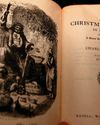
REVIVING THE FESTIVE SPIRIT
A Christmas Carol wasn't just a bestseller - it changed the way that Britons chose to mark the festive season
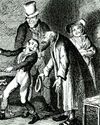
GIVING THE POOR A VOICE
From Hard Times to Oliver Twist, Charles Dickens used his pen to help illuminate the lives of the less fortunate
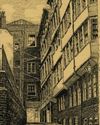
A JOURNEY THROUGH DICKENS'S LONDON
The works of Charles Dickens are synonymous with visions of Victorian London. We talk to Dr Lee Jackson about the author's love of the capital, and the locations that most inspired him
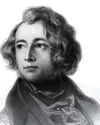
EXCEEDING EXPECTATIONS
Dr Lee Jackson chronicles Charles Dickens's journey from down-at-luck teenager to titan of Victorian literature

GIFTS, TREES & FEASTING
We take a journey through the photo archives to reveal how Christmas and its many traditions have been celebrated over the years - and around the world

WHAT GREAT PAINTINGS SAY
We explore the story behind an allegorical painting that celebrates the triumph of love over hate, peace over war

HELLISH NELL
Malcolm Gaskill delves into the life of Helen Duncan - the fraudulent Scottish medium whose ectoplasm-filled seances saw her ending up on the wrong side of the law
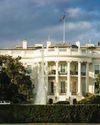
7 THINGS YOU (PROBABLY) DIDN'T KNOW ABOUT THE WHITE HOUSE
Presidential historian Dr Lindsay M Chervinsky reveals some of the most surprising facts about the world-famous US residence